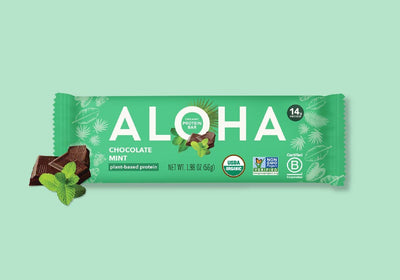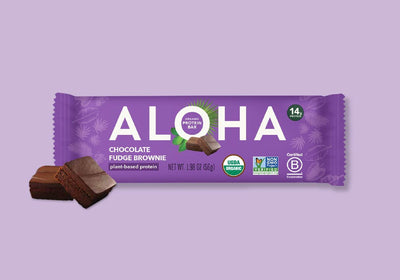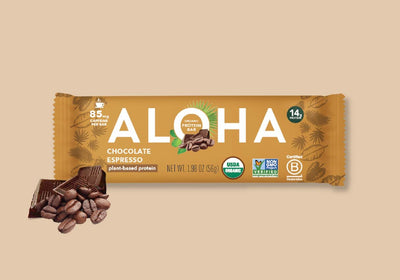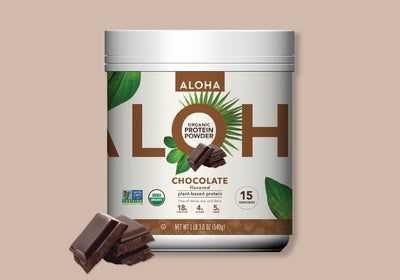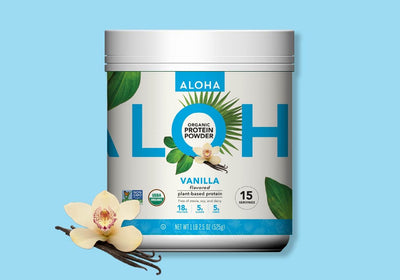When choosing an organic protein bar, it's crucial to understand the certifications and labels. Consumers are opting for organic products for health and environmental reasons. However, not all labels are the same.
USDA Organic Label
This label signifies that the product meets strict organic standards. These strict organic standards are set by the USDA. The label ensures that ingredients are grown and processed without synthetic pesticides, fertilizers, or GMOs.
Non-GMO Project Verified
This certification confirms that the product has been tested to be free of GMOs. GMOs are a concern for health and the environment. Look for labels such as Certified Gluten-Free, Certified Vegan, or Certified Fair Trade for further assurance to meet specific dietary or ethical requirements.
The Environmental Impact Of Organic Protein Bars
Soil Health
Organic farming practices typically promote sustainability, reduce chemical use, and support biodiversity. Organic farming practices prioritize soil health through techniques like crop rotation and composting. Healthy soils help sequester carbon dioxide, combating climate change.
Ethical Agriculture
By opting for organic protein bars, consumers can contribute to a healthier planet by supporting eco-friendly farming methods. Choosing organic protein bars supports ethical agricultural practices, ensuring humane treatment of animals and fair labor practices. Additionally, many organic brands prioritize ethical sourcing and packaging, further minimizing their carbon footprint.
Packaging
Making a conscious choice for organic protein bars can align with your values of sustainability and contribute to a greener future. Opt for bars with minimal or recyclable packaging to reduce waste and carbon footprint. Some companies offer compostable packaging options for further environmental benefits.
Making The Switch: What To Know Before Going Organic
Considering making the switch to high-quality organic protein bars? Here are a few key things to keep in mind before you make the transition:
Ingredients Matter
One of the main reasons why people choose organic protein bars is the quality of ingredients used. When opting for organic bars, you can expect to find ingredients that are free from synthetic pesticides, hormones, and genetically modified organisms (GMOs). Be sure to check the label for organic certifications to ensure you're getting a truly organic product.
Nutritional Value
While organic protein bars may have cleaner ingredients, it's important to remember that not all organic bars are created equal in terms of nutritional value. Pay attention to the protein content, added sugars, and overall calorie count. Make sure the bar aligns with your dietary goals.
Taste And Texture
Switching to organic protein bars may also mean a shift in taste and texture compared to conventional bars. Organic ingredients can sometimes have a different flavor profile, so it's a good idea to sample a few different brands to find one that suits your palate. Additionally, organic bars may have a different texture due to the absence of certain additives, so be prepared for a potentially different mouthfeel.
Price Point
Consider your budget and priorities when deciding whether to make the switch to organic bars. Remember that a potentially higher upfront cost can be very worth it for the health and environmental benefits that organic products offer.
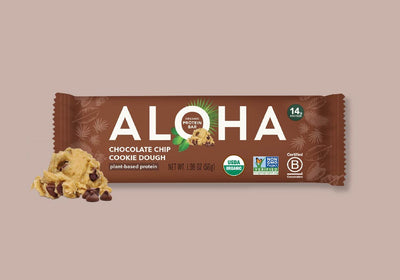

 collection header image
collection header image
 collection header image
collection header image


